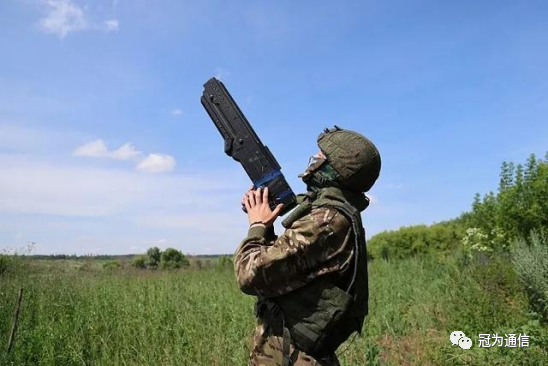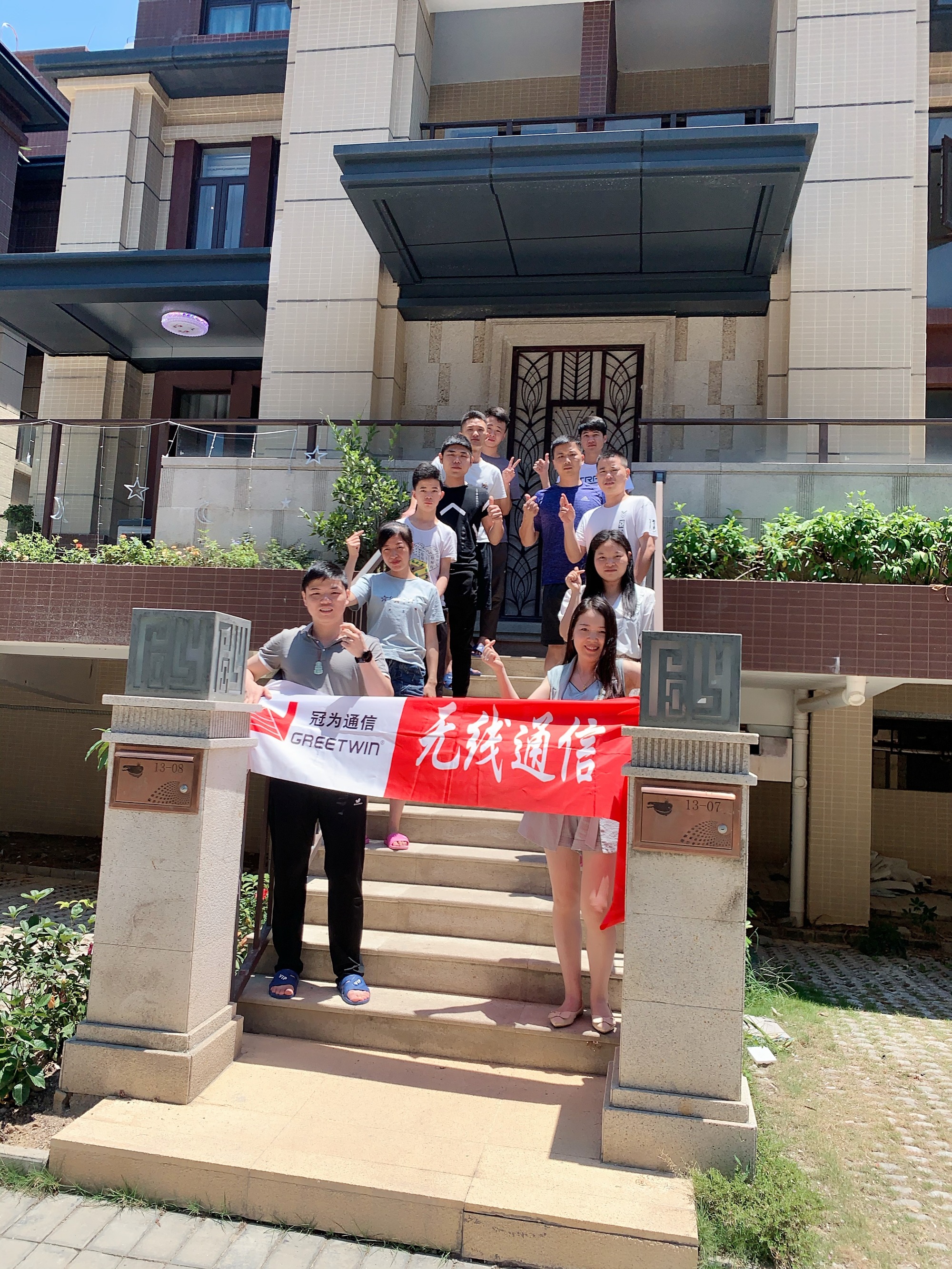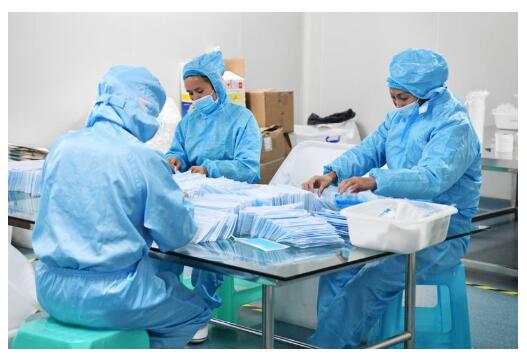Security tight as jail braces for influx of drug-trading inmates
Khao Bin prison in Ratchaburi has beefed up security in preparation to receive 200 notorious drug inmates being transferred from other jails.
Khao Bin has the best security protection system of all prisons in the country, said Corrections Department director-general Suchart Wongananchai yesterday.
The main feature of this security is a mobile phone signal jammer which operates around the clock.
The jammer is to prevent inmates from engaging in the drug trade from behind bars, a problem which has intensified prompting the transfer of about 200 inmates from other prisons to Khao Bin located in Chom Bung district.
The inmates are expected to arrive in the next few weeks.
Mr Suchart said the jammer at Khao Bin is activated online from the Office of the Narcotics Control Board (ONCB)in Bangkok.
There are nine 25-metre-high jammer poles, four of which are in the jail grounds and the rest outside the prison walls. The poles can also cut phone signals up to 100m away from the walls.
"We have to act fast to break the drug trade involving those in prison. If we can't stop this in five years, we will fail. The [drug traders] will rule the prisons," Mr Suchart said.
Separating drug convicts from other inmates helps weaken the narcotic trade. Many drug convicts taught other inmates the tricks of the trade and soon inmates including former hitmen became drug dealers themselves.
Thanawee Prawat, Khao Bin prison commander, said phone signals penetrated the thickest prison walls, keeping alive the links with drug networks.
Some drugs were also ordered for sale inside the jails via mobile phones at 10 times the street price.
A single gramme of crystal methamphetamine or ya ice, for example is sold inside a prison at 30,000 baht. Outside of jail, the same amount sells for 2,000-3,000 baht a gramme.
Mr Thanawee said inmates took the risk of smuggling in mobile phones because punishments for the offence _ up to a year in jail and a fine of 500 baht at the most _ were relatively light.
Many inmates do not care about minor prosecutions for mobile phone offences because they are already serving between 30 years to life imprisonment.
Mr Thanawee added commercial banks must help the authorities because some inmates wired money from the drug trade that they conducted behind bars using mobile phones.
Ratchaburi police chief Niphon Phupansri said police and wardens will jointly launch impromptu inspections of Khao Bin prison at least once a week.
Kamnan and village heads of communities around the prison have also been asked to mount a neighbourhood watch to look out for any attempts to smuggle in drugs, including tossing them over the prison walls.
Khao Bin prison covers 213 rai of land in a remote part of the province surrounded by mountains. The prison facility itself is on 86 rai of land and it houses 2,502 inmates.
The prison is divided into nine zones with Zone 4 set to accommodate the transferred drug inmates.
Zone 4 in a two-storey building has room for a maximum 220 prisoners, divided into six cells equipped with surveillance cameras.
If the zone is overcrowded in the future, some inmates could be moved to Zone 9, part of which could be converted to take in key drug offenders.
Mr Thanawee said Zone 4 is small enough for effective surveillance.
Kittipoj Kongpiam, one of the 105 wardens at Khao Bin prison, said supervising notorious drug inmates does not intimidate him.
He deals with a lot of the inmates who are big names in drug trafficking rings.
However, prisoners are "nothing to be afraid of".
"Prisoners are not crocodiles. They won't bite," he said.
The Corrections Department might also consider hiring more wardens at Khao Bin in the future, he said.
 Greetwin-Drone detector and jammer application scenarios
Greetwin-Drone detector and jammer application scenarios
 Greetwin Travel Activities
Greetwin Travel Activities
 Alibaba March Purchasing Festival
Alibaba March Purchasing Festival
 at war with Coronavirus
at war with Coronavirus